Books Are Under Attack. These Writers and Artists Are Fighting Back.
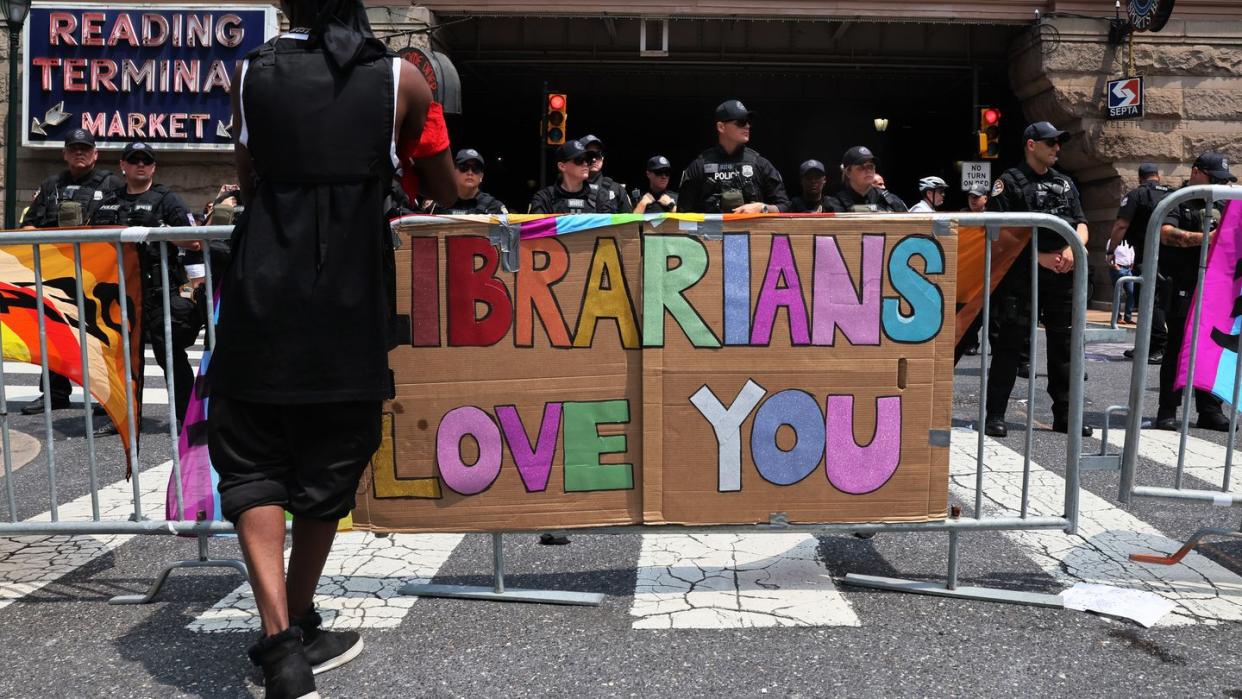
This morning, I woke up to the news that AI is now banning books. An Iowa school district, forced to comply with a new law that requires books in school libraries to be “age appropriate” (the law does not define this term) and “devoid of description or visual descriptions of sex,” is using ChatGPT to scan books, because the district is not funded well enough to afford the censors the law requires. It’s a situation that reads like a bad parody of 1984—though that book would probably be banned under the laws and reviews being implemented across the United States.
The current censorship threat is well documented. All across our country, school districts and state legislatures are attempting to restrict which stories students have access to. Book banning, unsurprisingly, is wildly unpopular with people across the political spectrum. It polls poorly with self-identified conservatives, liberals, and independents. The drive to ban books comes mostly from select special-interest groups who are systematically targeting school-board elections and public-library boards to wield power.
Iowa may be using cutting-edge technology to attempt to comply with these new draconian laws, but the rise of book bans is part of a larger project. The United States is an empire heading towards its third century—a stage when, historically, most empires have either calcified and failed, or figured out how to rigorously adapt and potentially thrive. Unfortunately, it seems like some wish us to remain in arrested development, to stay crouched in a place of fear and distrust of anything new, challenging, or different. And that’s what is at stake, isn’t it? True knowledge and learning, true change, is impossible without encountering the unfamiliar, the things that trouble us.
That’s what I think of when I hear the old, hoary arguments that asking white children to learn about Black history will make them ashamed, that asking children to read about gender and difference will leave them confused. Shame, confusion, hurt—these are all part of the human experience and, importantly, part of an education. The learning comes with figuring out where those feelings come from, what they might mean, and why they do or do not reflect reality. “You think your pain and your heartbreak are unprecedented in the history of the world, but then you read,” James Baldwin famously wrote. “It was books that taught me that the things that tormented me most were the very things that connected me with all the people who were alive, who had ever been alive.”
To suppress the books and ideas that trouble us is to suppress the questions children have about why the world works the way it does; why certain people have so much and others so little; why those in charge have abandoned the ideal to make the world a better place, and want all the authority and power of rulers, but do not wish to provide any benefits to those they would rule. These are the types of questions that have brought down empires or remade them in a better image. And the fear those who push book bans have of change is deep and real.
But I wish to be clear. Book bans have always existed in this country—they periodically reappear in public discourse. What makes this time different is that the current rush to ban books is part of a larger project to make the public institutions that have served as incubators for American innovation and imagination—our schools, our libraries, our recreational centers, our town meetings—into places that are either so toxic or contentious that most people will avoid them (Some people lobbying to have books banned have resorted to harassing teachers, librarians, principals, parents, and school officials via social media). There is a push to underfund public institutions to the point that they do not function, or privatize them so that only a select few can access them in any meaningful way. Those who ban books know that it’s in community, when there are spaces so trusted that a child or an adult feels comfortable asking about what they do not know, that resistance to authoritarianism and the nihilism of current political rhetoric lies.
We can stay afraid and silent. Or we can say, “I want to know more. Can you help me understand?”
In the following package, we asked authors of some of the most targeted books to share with us their thoughts on this rise in censorship. And we have a list of every book currently banned in the United States, provided by PEN America, with links to purchase nearly every one. Finally, we asked three writers—Jesmyn Ward, Edwidge Danticat, and Maggie Tokuda-Hall—to reflect on what it means to write and create in this moment.
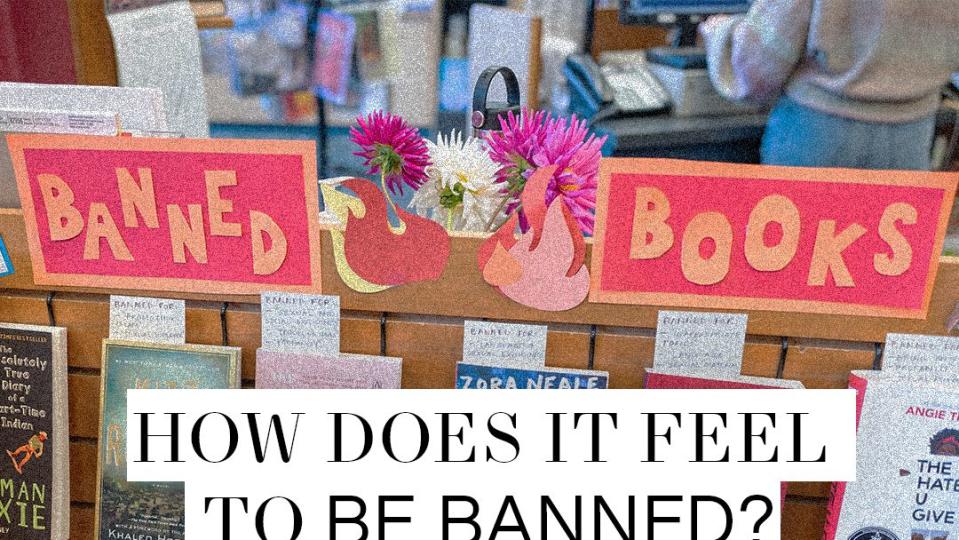
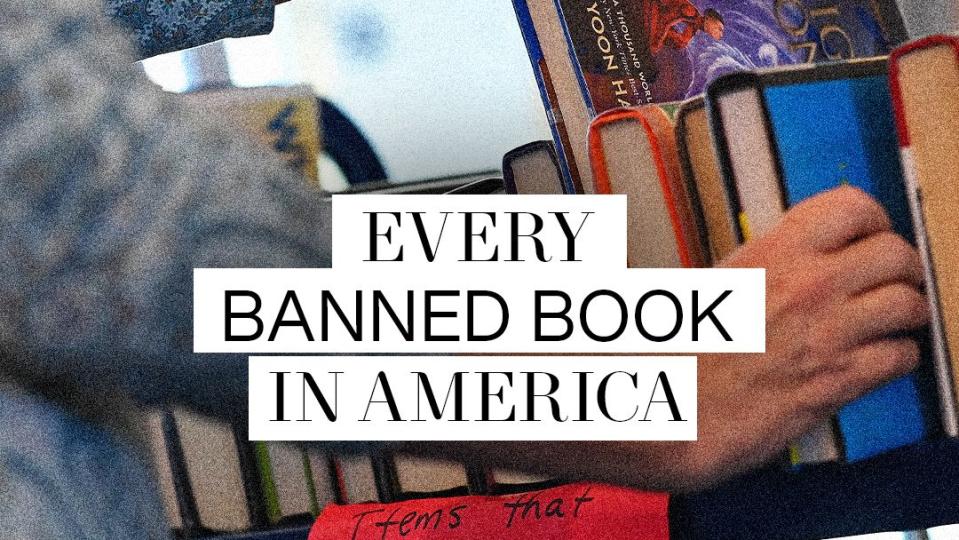
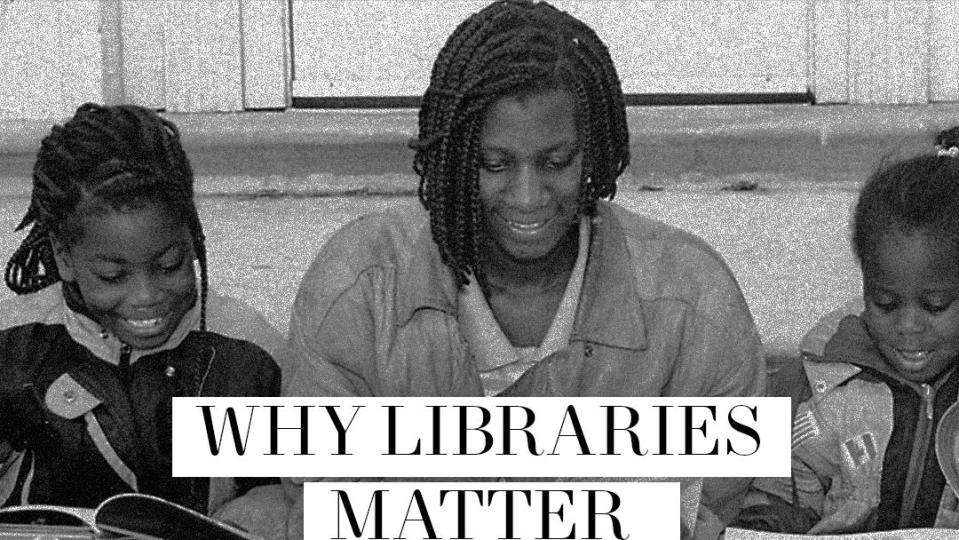
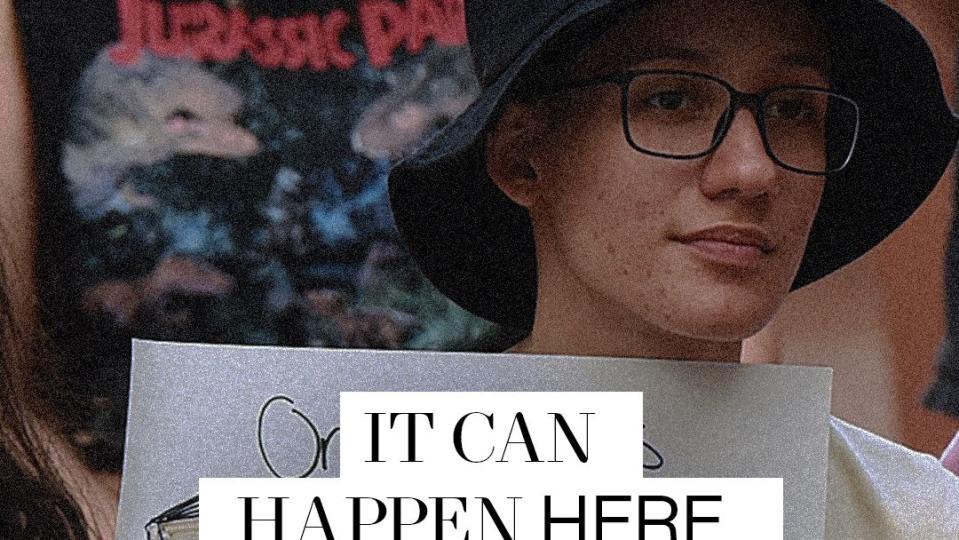
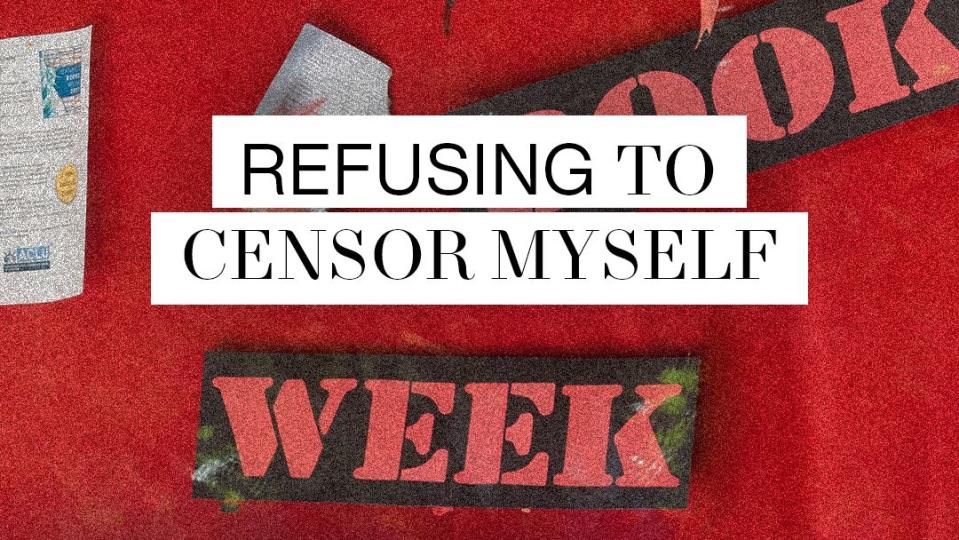
You Might Also Like


